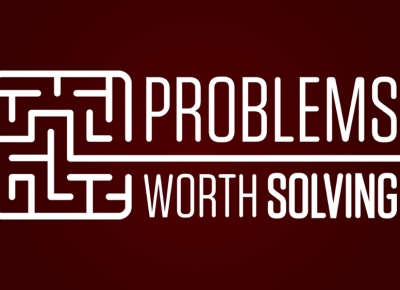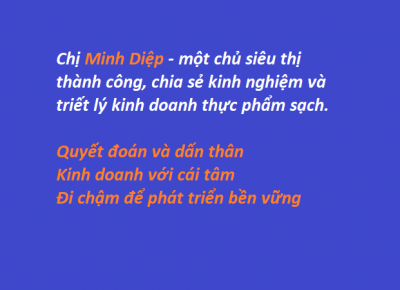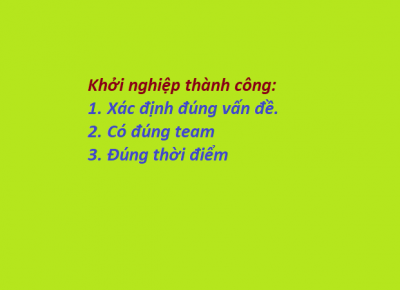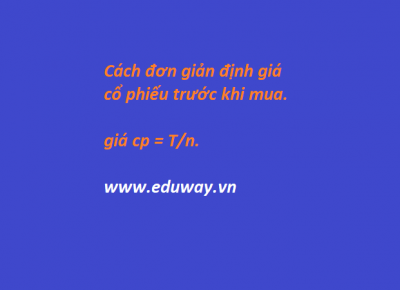What Makes Information Reliable?
Not all written sources are reliable, no matter how sound their arguments may appear to be. To evaluate the reliability of a piece of writing, you must consider several issues related to the subject and to the person or publisher that presents it. Is the information current? Is it related directly to the topic it discusses? Does it provide sources for supporting ideas? Are these sources reliable? Is the purpose of the information to inform, to persuade, to sell, or even to entertain? Has the information been written and published recently? Does a date of publication appear? Finally, who is responsible for the information? Is an author or publisher listed at all?
Some topics (such as medical research and new technical information) must be up-to-date to be valuable to readers. However, bias and opinion compromise even recent information, keeping it from being objective and trustworthy. Certainly, any organization or individual is entitled to a perspective. However, that doesn’t necessarily make the perspective one which readers can rely on. One person’s opinion is not necessarily informed. Likewise, some organizations, particularly companies who want sales or politicians who want votes, want readers to agree with their views. Few advertisements present credible supporting information for the positions they present! In general, objective information with a listed author and/or presented by a reliable publisher is far more credible than anonymous information published by a commercial or an anonymous source. It’s up to you – as critical reader – to determine the bias and the source of what you read.
For example, consider material posted on the Web (with a .com suffix) to describe the latest model of a new automobile. How much factual information about the automobile will appear? Will be the purpose of the posted information be to inform readers about the specific features of the new model or to urge them to buy? In what ways do language and graphics bias readers about the new car?
If you read an article from The Onion, the humorous satire of current events, can you trust the supposedly actual information the article presents? Are you supposed to? The Onion wants readers to laugh, not to learn.
Many Web pages are published anonymously by individuals. Are the views of individuals as reliable as those of experts from universities or from the government which cite sources?
If you consult the Center for Disease Control listing for AIDS (dated and posted with a .gov suffix), what is the purpose of the information? How current is the information? How factual? What does the government wanted citizens to know? In general, information published by the government is both current and based on reliable research, even if no one author is listed.
In general, print publications with authors and listed sources tend to be reliable because they provide sources which readers can verify. Likewise, Web postings with a .gov suffix (posted by the United States government) are both current and reliable. Web postings with the .edu suffix, when they represent a college or university, are likewise reliable. Database postings which publish entries from encyclopedias or articles are also trustworthy, even if no author is listed. Encyclopedias edit and update entries, citing sources and using reliable authors.
As a reader, you must be careful about what you consult as a reliable source of information. That a source is in print or posted on the Web does not automatically make it trustworthy. You can always find information on any source. As a critical reader, you deserve the best, the most current, and the most reliable. Be sure to screen what you find to make sure that it is reliable.
Source: https://sites.austincc.edu/student-skills-workshops/critical-reading/what-makes-information-reliable/









